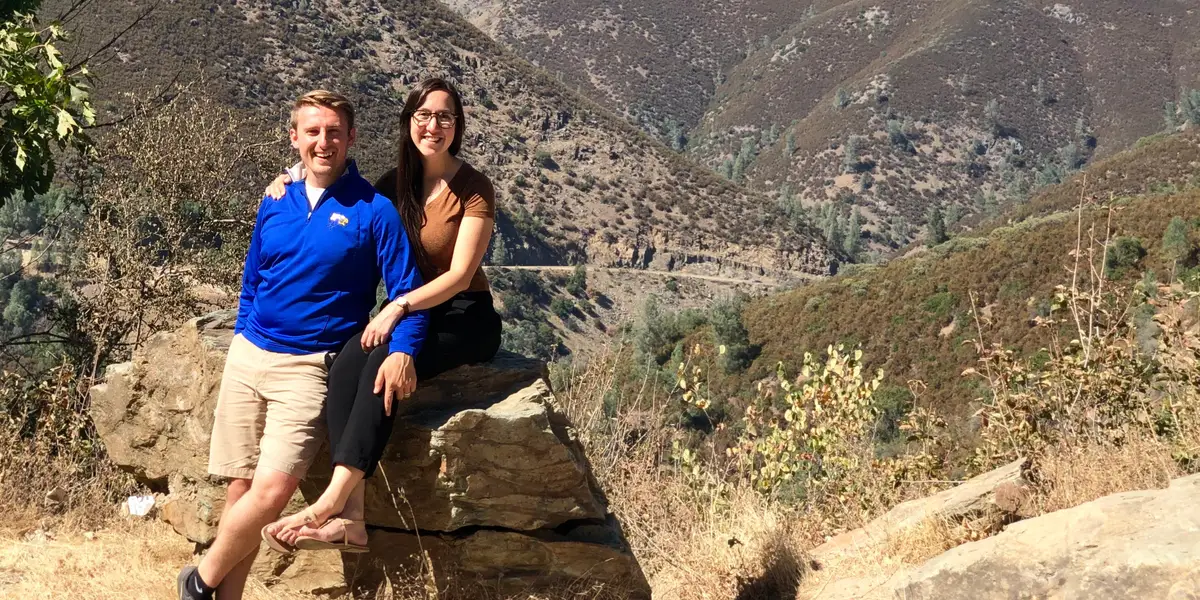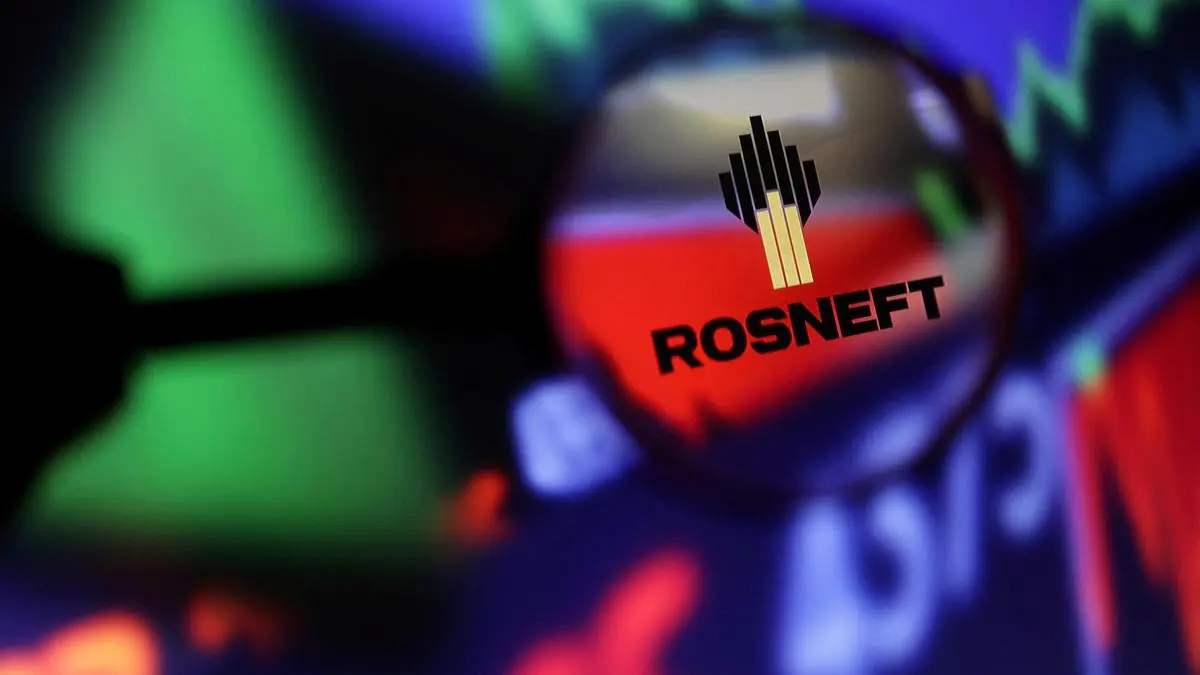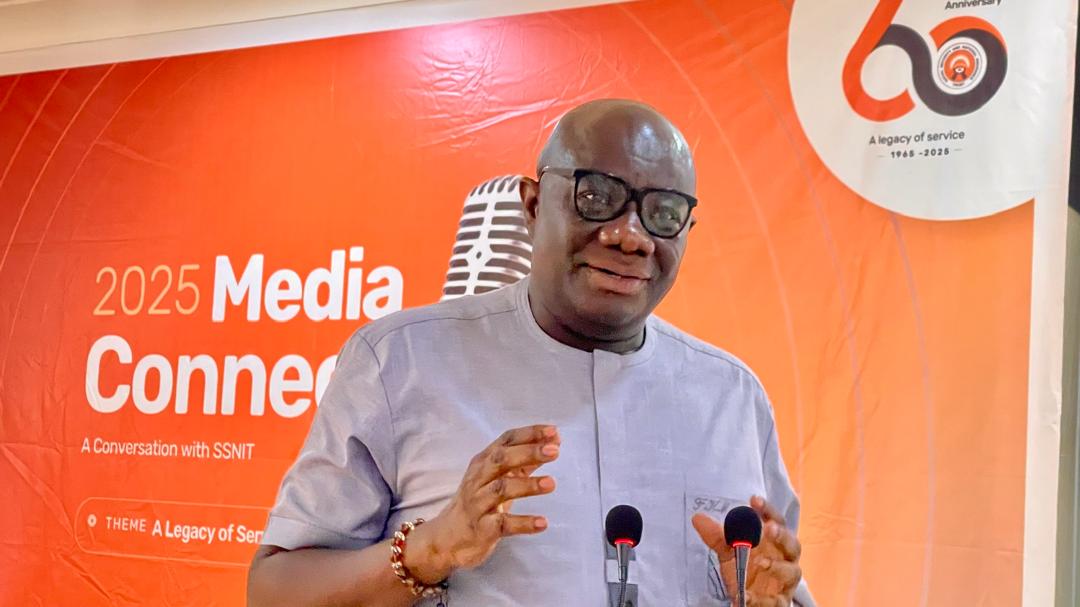Copyright Business Insider

When Business Insider spoke with Ali and Josh Lupo in 2021, the couple was chipping away at their six-figure student loan debt by house hacking and living frugally. Their plan was to quit their day jobs by the time they were 40. They hit their goal a lot sooner than expected. In 2025, Josh, 35, and Ali, 34, are debt-free, have scaled to 14 cash-flowing rental units, and consider themselves financially independent. They both left their 9-to-5 jobs and now spend their days raising their two-year-old daughter and growing their financial independence coaching business, The FI Couple. "I thought it would have been a seven-to 10-year journey to get here, but it's been about a four-year sprint," Josh told Business Insider. The Lupos, who live and invest in properties in upstate New York, explain how they've invested their money to generate enough passive income to sustain their lifestyle. Dividend ETFs pay them quarterly "We actively invest in the stock market through low-cost ETFs, and so every quarter we get dividend payments from the different ETFs that we own," said Josh. A dividend ETF invests in a collection of dividend-paying stocks, and investors can receive distributions in the form of dividends monthly, quarterly, or at some other interval. Especially as their lives have become busier with a toddler and their growing real estate portfolio, the Lupos appreciate the set-and-forget nature of investing in ETFs. Related stories Business Insider tells the innovative stories you want to know Business Insider tells the innovative stories you want to know "It's truly very passive," he said. "We literally just put money in, and I don't have to check it ever." Private money lending earns them double-digit returns In 2025, the couple started lending money to other real estate investors and charging interest on the loan. This is known as private money lending. "Historically, we'd always been on the receiving end. We were the borrowers of private money, and so we understood conceptually how it worked," said Josh. "We couldn't have imagined being in a place where we had $200,000 of capital that we could invest in deals." They started with a smaller deal, lending an investor $15,000. Their second deal was a $100,000 loan, they said. "There are some industry standards: In the private money lending world, 10 to 12% interest is very common. That's the baseline," he explained. The lender primarily determines the terms of the loan, and these terms vary from one private lender to another. "Sometimes, if it's a six-month loan, you'll get 12%. If it's a three-month loan, you might charge 15% because it's so much shorter and you want to make sure that you get a good return on your investment." The key to generating passive income this way is vetting both the borrower and the deal they're pursuing. "As long as you do it properly with a vetted borrower with a good track record, it's literally 30 minutes of work one time, and then we'll get our money back in six months, plus interest," said Josh. "It takes us 30 minutes driving to the bank, wiring the funds, and then the investor that is borrowing the money sends us updates, and that's the extent of it." 14 long-term units bring in monthly rental income The Lupos, who got their foot in the real estate door by purchasing and "house hacking" a duplex, manage 14 long-term rental units in upstate New York. They plan to eventually add more rentals, but, for now, they're focusing on optimizing their current portfolio. "In our experience, it takes five to seven years for a property to get to that point where it's really generating a lot," said Josh. "Because a lot of times when you're buying a property, maybe the rents are below market, maybe the property needs some work, there are onboarding costs — but give it five years and that thing is now a well-oiled machine." Most of their real estate has been purchased in the last three years, "so instead of aggressively continuing to try to buy more, I know we have thousands upon thousands of dollars a month of untapped income, but it's going to take time. We have to continue to upgrade the properties, fix the properties, increase the rent, and so on and so forth." They're also planning on paying off some of their mortgages early, which could "unlock another $25,000 to $30,000 a year in cash flow, just from not having mortgages," he added. Their real estate investment strategy is generally a buy-and-hold approach. However, they did sell one property in their portfolio in 2025 and profited generously. "The $150,000 duplex that we bought in 2020, we recently just sold for $270,000 — and the property that we bought in 2018 for $158,000, if we sold it, we probably get close to $300,000," said Josh. "Not every property we own has doubled in value, but many of them are 40 to 50% more valuable than they were when we first purchased them."



